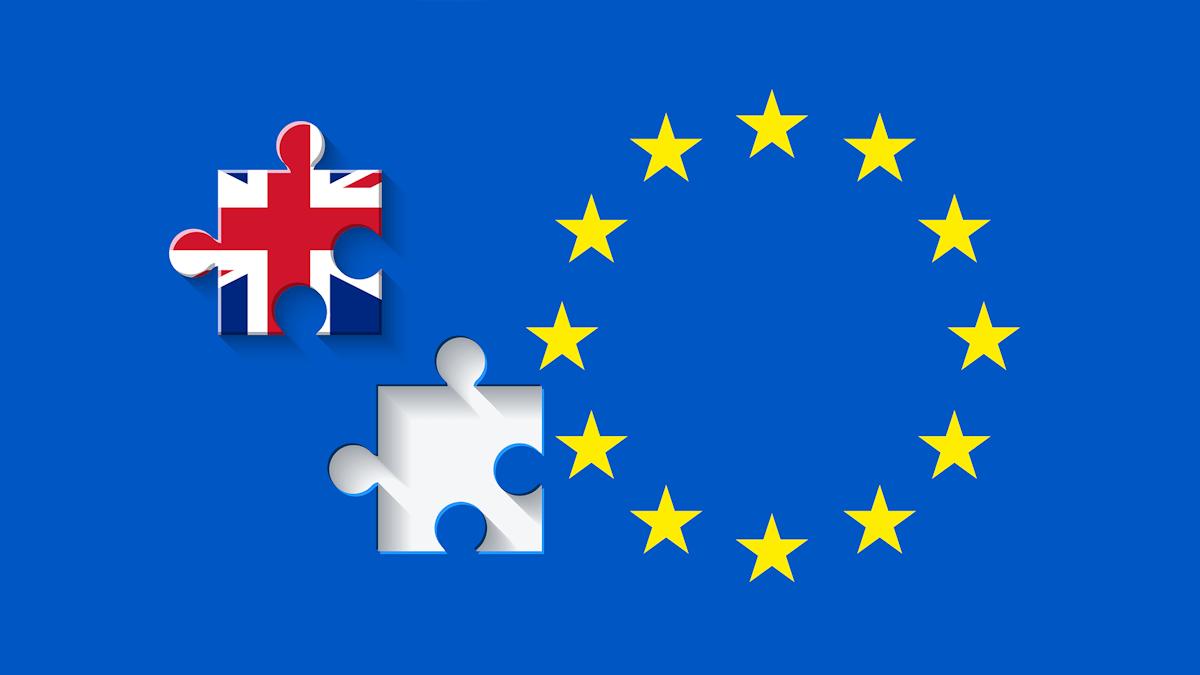UK 'less interesting' to pharma because of Brexit - Roche CEO

The UK could be “less interesting” to pharma and life sciences firms after Brexit, the CEO of Roche has said, citing uncertainty over drug regulations and an unwillingness to use expensive branded drugs as potential turn-offs.
Speaking to Reuters, Roche’s CEO Severin Schwan made his comments with only six months to go before the UK is due to leave the European Union.
There are no clear arrangements about drug regulations after Brexit, and NICE has just rejected Roche’s latest multiple sclerosis medicine Ocrevus in patients, the only approved treatment for the progressive form of the disease.
With Europe already slower than the US to approve new drugs, the UK could fall even further behind, said Schwan.
Schwan is the latest in a string of senior pharma figures who have warned that the UK’s status as a life sciences hub is under threat from the political and social upheavals of Brexit.
Earlier this year, a Financial Times survey showed that 86% of people from US-based pharma companies operating in the UK thought Brexit was affecting global decisions on life science investments in the UK.
And almost all – 98% – said they preferred to invest in countries that are “early adopters” of new treatments.
Pharma has often criticised the NHS for being unwilling to use expensive new drugs, even if they are considered by NICE as cost-effective.
Schwan told Reuters that the UK might fall further behind because of Brexit.
[caption id="attachment_24734" align="alignnone" width="160"] Roche's Severin Schwan[/caption]
Roche's Severin Schwan[/caption]
“The UK would get markedly less competitive and less interesting for the industry as a life science hub,” he said.
“For us, this is a very relevant question and if the regulatory system should not keep up with Europe, then this would be a big issue for us.”
Roche employs 2,100 staff in the UK and has been in the country since 1908, with staff working in drug R&D as well as commercial operations.
“It goes without saying that we give preference in research and development activities where we bring the medicines to patients first,” Schwan said.
“Even though we very much appreciate the science and capabilities in the UK, it is not possible to disconnect that from access to innovative medicines.”
While the UK could use Brexit to create an independent drugs regulator that is more nimble than the European Medicines Agency, this would require large government investment in staff and resources, he added.
On the company’s row with NICE and NHS authorities over Ocrevus, rejected as being too expensive in primary progressive MS, Schwan noted that “we now have a situation where patients in need don’t get the medicine. It’s as simple as that.”
Roche is increasing its stock of medicines, in line with its peers, in the event of a no-deal Brexit, Schwan added.













